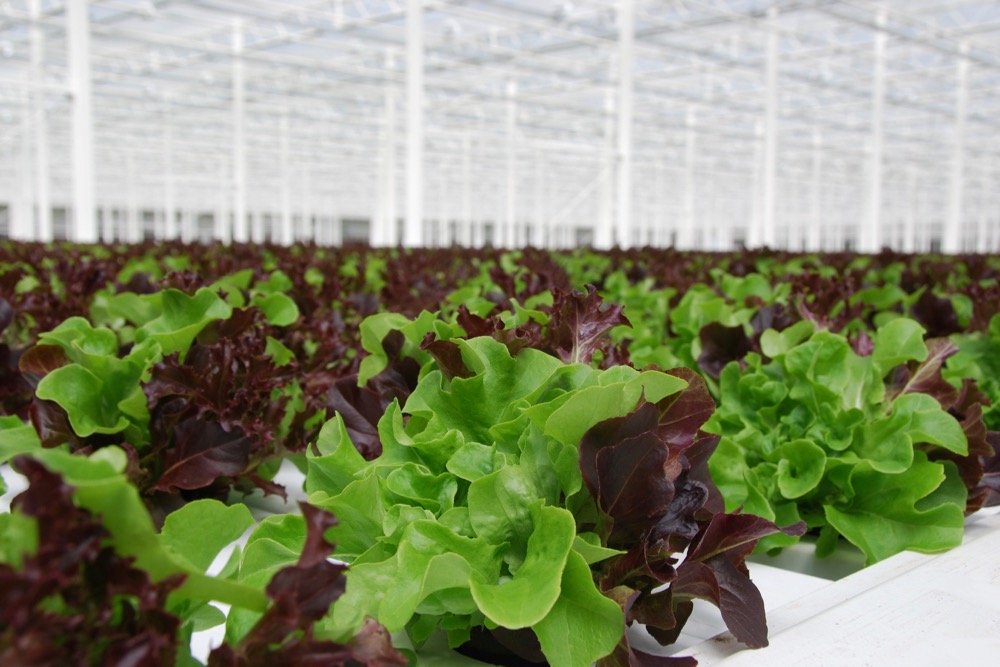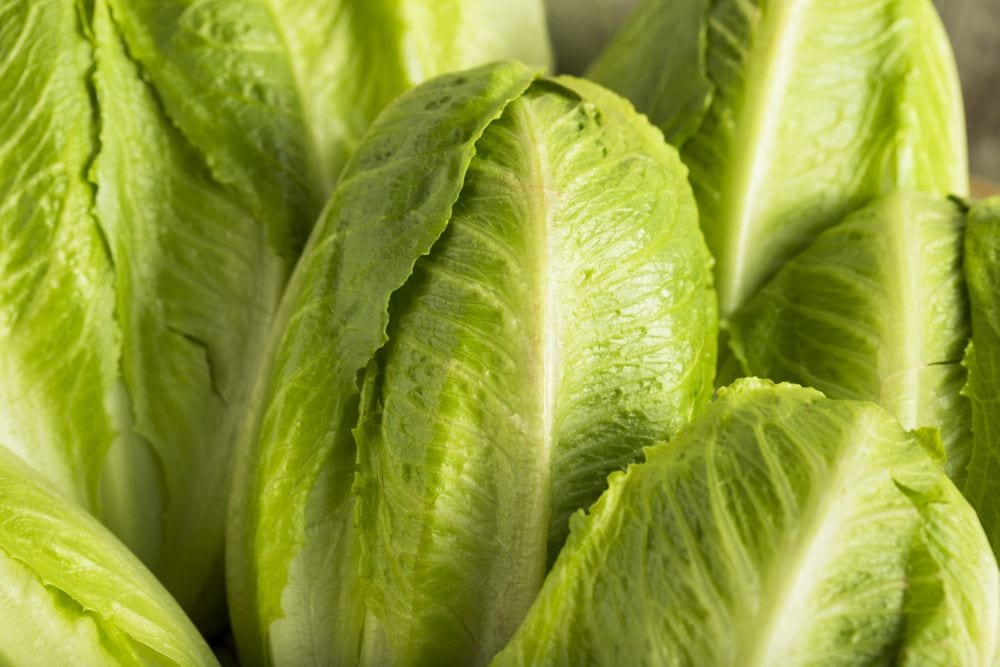Federal health officials suspect leafy greens as a possible culprit in sickening 12 people in Canada, mainly in Alberta, with E. coli poisoning.
The Public Health Agency of Canada on Wednesday said it’s considering a “possible link” to greens, such as lettuce, spinach, chard, kale or arugula, in 12 cases of E. coli O157:H7 poisoning where the bacteria share a genetic fingerprint.
The cases include nine in Alberta, one each in Ontario and Saskatchewan and one in Newfoundland and Labrador. The illness onset dates in the 12 cases range from March 13 to 31, the agency said.
Read Also

Pea, lentil outlooks have some positive signals – Penner
As pulse growers consider what to plant this spring, Chuck Penner of Leftfield Commodities Research said there is some optimism in the Canadian pulse market. Penner gave a presentation at the Saskatchewan Pulse Growers meeting in Swift Current on Feb. 4.
A specific product hasn’t yet been identified, the agency said, but in the ongoing investigation so far, “exposure to leafy greens has emerged as a possible source of illness.”
If specific products are identified, the agency said, it will inform the public and make sure the products are pulled from sale.
It’s usually suggested leafy greens be eaten raw or lightly cooked to “preserve the nutrients,” the agency said, but because such products are often eaten raw, they can be a source of food poisoning.
Leafy greens have previously been linked to cases of salmonella or E. coli poisoning, and can become contaminated in the field by way of tainted soil or water, animals in the field or the use of “improperly composted” manure as fertilizer, the agency said.
That said, greens can also be contaminated during and after harvest in handling, storage and/or transport, or even in the grocery store or home fridge, or by cross-contamination on kitchen counters and cutting boards with bacteria from raw meat, poultry or seafood.
Rinse, don’t soak
Fresh vegetables and fruits should be washed before anyone eats them, the agency said. Anyone preparing foods should wash their hands thoroughly for at least 20 seconds before and after handling leafy greens.
Warm soapy water should be used to clean knives, cutting boards, utensils, hands and any surfaces that have come in contact with food, especially meat and fish, the agency said.
When preparing greens, the agency said, discard outer leaves and wash the greens under fresh, cool running water. Greens should be rinsed until all dirt has been washed away. Such greens should not be soaked in sinks full of water, since they can become contaminated by bacteria in the sink.
Ready-to-eat or pre-washed leafy greens sold in sealed bags don’t need to be washed before eating, the agency said, but those sold in open bags or containers should be washed again beforehand.
There’s no need to use anything other than water to wash leafy greens, the agency said. “Washing them gently with water is as effective as using produce cleansers.” — AGCanada.com Network














